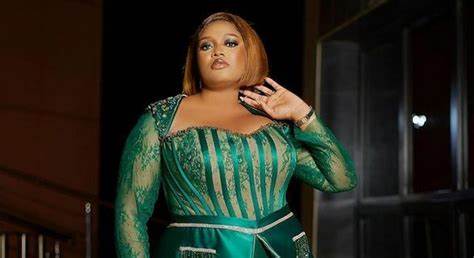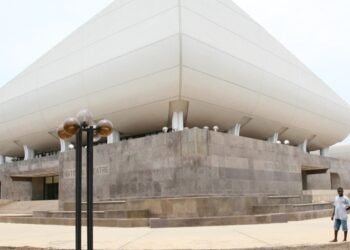In recent years, Ghana has witnessed growing public alarm over reports of sexual molestation and harassment within its schools.
Media exposés, social-media campaigns by survivors, and interventions by civil-society groups have intensified scrutiny of a problem long shrouded in stigma and secrecy.
Beyond the immediate human tragedy these cases represent, their prevalence threatens the basic purpose of schooling: to provide a safe environment where children can learn and grow.
The moral and practical imperative is clear: if Ghana is to safeguard the rights and futures of its young people, it must confront the structural factors that allow abuse to persist and act decisively to prevent, detect, and respond to incidents when they occur.
MzGee has delivered a blistering rebuke of what she describes as Ghana’s growing culture of silence around sexual abuse in schools, questioning the morality of teachers who prey on their students and the society that enables them.
The outspoken broadcaster said the recent sexual scandals involving teachers were a stain on the nation’s conscience.
“Parents are constantly living in fear. You send your child to school, and you don’t know if someone will molest them. Before now, we used to hear of girls being defiled; now even boys are being abused. How do we even sleep as parents?”
MzGee
Her comments come in the wake of disciplinary actions by the Ghana Education Service, including the dismissal of the Assistant Academic of KNUST Senior High School after a viral video showed him in a compromising situation with a female student, and the interdiction of a teacher from Okadhakrom Senior High Technical School for alleged sexual misconduct.
MzGee described these cases as a reflection of a moral decay that has eroded empathy and accountability in society.

She argued that victims, often students, are silenced by fear, shame, and the power imbalance between them and their abusers. “If grown-ups are scared to speak when they’re harassed by bosses, how much more teenagers who depend on these same teachers for grades and opportunities?” she asked.
She also slammed those suggesting that the students may have “consented” to the acts, calling such claims repugnant and morally bankrupt.
“Imagine if it were your child. These are children, intimidated, manipulated, and afraid. The teacher has power over them. How can anyone call that consent?”
MzGee
MzGee insisted that no argument about age or willingness could justify a teacher exploiting a student, describing it as “a betrayal of both trust and humanity.”
“Who raised these people who are molesting children. If you cannot control yourself, walk away. There are adults your age. Don’t destroy someone’s child, someone’s dream.”
MzGee
The ace broadcaster also condemned the culture of victim-blaming and leniency, insisting that protecting children should be treated as a sacred duty.
“Parents have suffered and sacrificed to raise their children. To harm them is to betray humanity itself. May God give us hearts that feel and the strength to protect our children.”
MzGee
Accurate measurement of sexual abuse in schools is difficult because many victims do not report incidents for fear of shame, retaliation, or disbelief. Nonetheless, the volume of recent reports, involving both staff and older students as perpetrators, suggests an upward visibility, if not an absolute rise in occurrence.
The trend cuts across regions, school types (public and private), and levels of education, from basic schools to senior high schools and tertiary institutions. This visibility has catalyzed public debate about teacher training, recruitment, supervision, and the adequacy of child-protection frameworks in Ghanaian educational institutions.
Impact on Victims and Society

The consequences of molestation reach far beyond the immediate trauma. Victims suffer long-term psychological harm, physical injury, loss of self-esteem, academic decline, and dropout.
Families and communities bear the emotional and economic costs of caring for affected children. Societally, pervasive abuse erodes public trust in educational institutions and undermines national development goals by compromising children’s right to safe and effective learning environments.
The rising outcry over molestation in Ghanaian schools is a clarion call: protecting children is non-negotiable. Addressing the problem requires more than occasional headlines or ad hoc investigations; it demands sustained political will, adequate resources, and a shift in community attitudes that prioritizes the safety and dignity of every child.
Implementing robust safeguarding policies, building capacity for trauma-informed responses, and creating transparent accountability mechanisms will not only bring perpetrators to justice but will also restore trust in the institutions charged with educating Ghana’s future.
Silence and complacency are luxuries no society afford when its children’s well-being is at stake.
READ ALSO: TUC’s Dr. Otoo Accuses Government of Betrayal on Galamsey Fight























